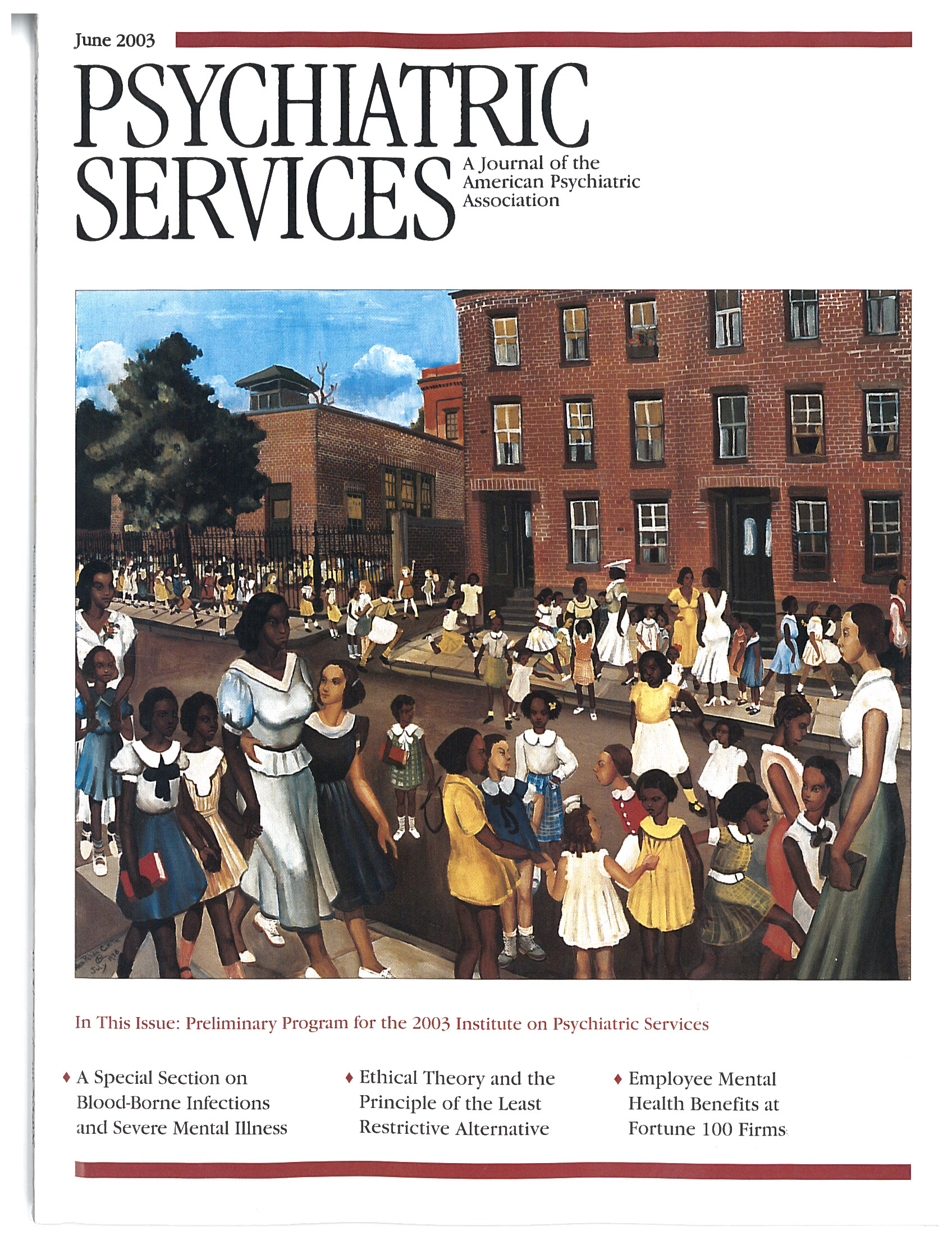Brief Counselling in Schools: Working With Young People From 11 to 18
This short book describes school counseling in the United Kingdom and gives some guidelines for providing brief counseling in school settings. The author, Dennis Lines, is a school counselor in an English secondary school. He provides a history of the development of school counseling in the United Kingdom; a description of ethical, legal, and practical considerations; and an overview of adolescent psychosocial development before launching into brief counseling techniques for addressing common situations presented to school counselors.
Brief Counselling in Schools: Working With Young People From 11 to 18 suggests that school counseling differs significantly between the United Kingdom and the United States. In the United States, school counseling is more widely embraced and has existed with well-established guidelines for a longer period. Much of what shapes the author's views about brief counseling stems from the British secondary school environment, attitudes of school administrators and teachers toward the role of counselors, practical considerations of under-resourced counseling conditions, and legal and ethical guidelines in the United Kingdom, which are different from those in the United States.
Differences aside, the book offers many thoughtful guidelines for experienced school counselors in the United Kingdom and elsewhere who are interested in conducting brief therapy with students. Lines has attempted to broaden the skills of the experienced school counselor. References to various approaches and techniques are concise, with the assumption that readers already have a working knowledge.
A chapter on adolescent development is well written and includes wonderfully illustrative narratives. A chapter reviewing brief counseling provides the author's rationale for his integrated approach. Citing evidence that all psychotherapies are beneficial to clients, Lines frees himself to pick and choose among approaches that fit well with the demands of adolescents and with school settings and that suit his own leanings. This is not an evidence-based book—evidence of efficacy or effectiveness of the various approaches is not provided. Within this general framework, the remaining chapters focus on specific problems: depression and related problems, bullying, parental separation and stepparent conflict, loss and bereavement, sexuality, smoking and substance abuse, and "life meaning and spiritual emptiness." Lines describes these topics as representing "the whole range of teenage difficulties."
These are perhaps the kinds of problems seen in English schools, or by Lines himself, or problems that can be addressed with brief counseling. Violence—whether peer violence, child abuse, or exposure to violence—is not addressed in this book, except in passing, which is unfortunate for school counselors in the United States. With the exception of the chapters on depression and substance use, the chapters of this book clearly focus on problem content rather than diagnostic content. Attention-deficit hyperactivity disorder, anxiety, and eating disorders are not covered.
However, in the chapters that are offered, the focus on active, directed—yet humanistic—approaches is appealing. Some of the approaches, having been developed in the United Kingdom or Europe, may be less familiar to U.S. readers and may consequently be valued as "new." Overall, Brief Counselling in Schools is an optimistic book, providing encouragement to counselors who do important work with students who face ever-growing challenges to their well-being and development.
Dr. Davis is assistant professor at the Center for Mental Health Services Research in the department of psychiatry of the University of Massachusetts Medical School in Worcester.



